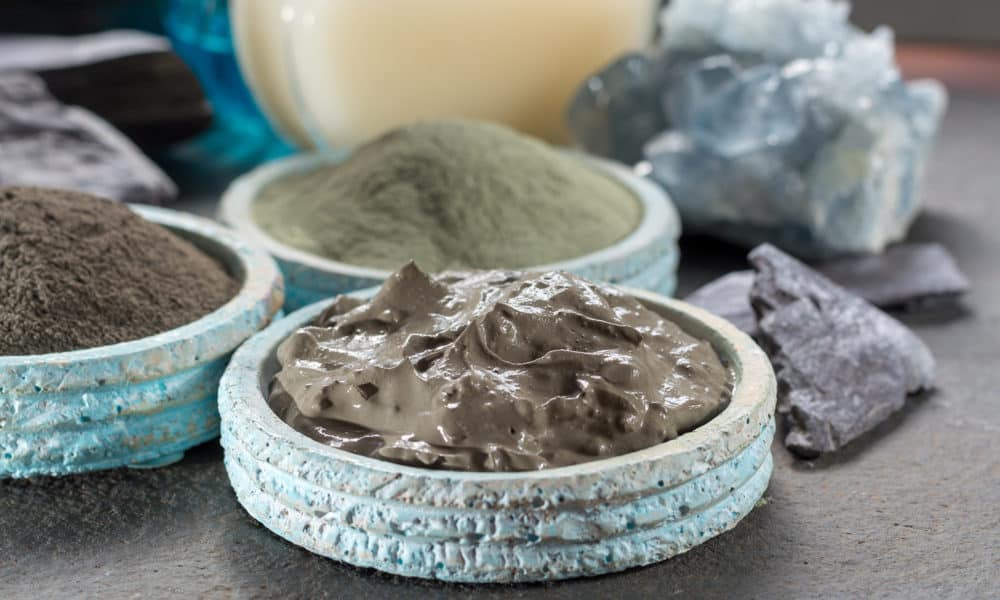Introduction (approx. 70 words):

Bentonite clay has emerged as an indispensable tool for winemakers, offering a natural and efficient method to clarify wine. This remarkable clay-based clarifier, which can absorb colloidal substances, is usually added before fermentation, and sometimes during secondary fermentation. In this blog post, we will delve into the basics of bentonite clay, how it works, its benefits, and its impact on the final product. Additionally, we will touch upon the pricing aspect, enabling winemakers to make informed decisions when it comes to acquiring this essential winemaking ingredient.
Section 1: Understanding Bentonite Clay (approx. 200 words)
1.1 Origins and Composition:
Bentonite clay is derived from volcanic ash and belongs to the family of smectite clays. Its unique properties, such as high swelling capacity and cation exchange capability, make it a suitable choice for wine clarification purposes.
1.2 How Does Bentonite Clay Clarify Wine?
When bentonite clay is added to wine, it acts as a fining agent that helps remove impurities and colloidal particles. The clay absorbs these substances, including proteins, tannins, and polyphenols, and forms larger particles that can be easily removed from the wine.
Section 2: The Benefits of Bentonite Clay in Winemaking (approx. 300 words)
2.1 Enhanced Wine Clarity:
One of the primary advantages of using bentonite clay is its ability to improve wine clarity. By eliminating colloidal substances, the clay helps produce visually appealing and visually transparent wines.
2.2 Improved Wine Stability:
Bentonite clay also enhances wine stability by reducing the risk of protein haze formation. Proteins, if left unaddressed, can lead to undesirable cloudiness in the wine. Bentonite clay effectively adsorbs these proteins, boosting the stability of the final product.
2.3 Retention of Wine Aromas:
During the clarification process, bentonite clay selectively adsorbs unwanted substances without affecting desirable wine aromas. This ensures that the wine retains its unique bouquet and aromatic qualities.
Section 3: The Optimal Timing for Bentonite Clay Application (approx. 150 words)
3.1 Primary Fermentation:
For best results, it is recommended to add bentonite clay prior to fermentation. This allows the clay to effectively bind and remove impurities right from the beginning, ensuring a clean and clarified wine.
3.2 Secondary Fermentation:
In certain instances, winemakers may choose to add bentonite clay during secondary fermentation to address any remaining impurities that were not adequately eliminated in the primary stage. This helps achieve even higher levels of wine clarity.
Section 4: Bentonite Clay Price and Factors to Consider (approx. 250 words)
When considering the price of bentonite clay for winemaking, several factors come into play:
4.1 Quantity:
The quantity of bentonite clay required per wine batch will depend on factors such as the wine volume and the desired level of clarity. Larger batches will typically require larger quantities of clay.
4.2 Quality:
The quality and purity of the bentonite clay can impact its price. Opting for reputable suppliers who provide high-quality clay can lead to better results and ultimately justify the investment.
4.3 Packaging and Availability:
The form in which bentonite clay is packaged and made available can affect its price. Granulated or powdered forms are commonly used in winemaking, with prices varying accordingly.
4.4 Market Conditions:
The prevailing market conditions and demand for bentonite clay can also influence its price. It is essential to research different suppliers, compare prices, and choose one that offers competitive rates without compromising on quality.
Conclusion (approx. 50 words):
Bentonite clay has proven to be an invaluable asset for winemakers seeking improved wine clarity, stability, and aroma retention. By understanding its origins, benefits, and optimal application, winemakers can harness the true potential of this clay-based clarifier. Considering factors such as quantity, quality, packaging, and market conditions, winemakers can acquire bentonite clay at a competitive price without compromising on quality.
